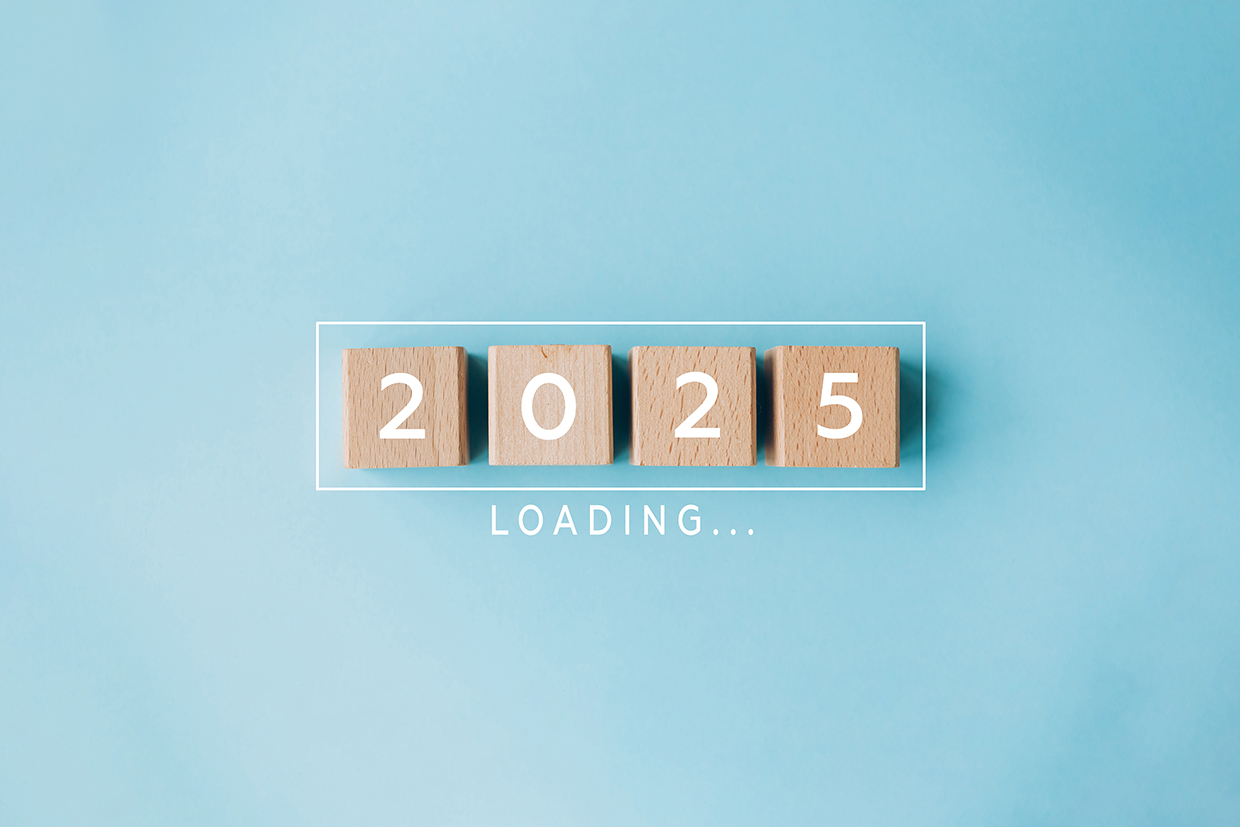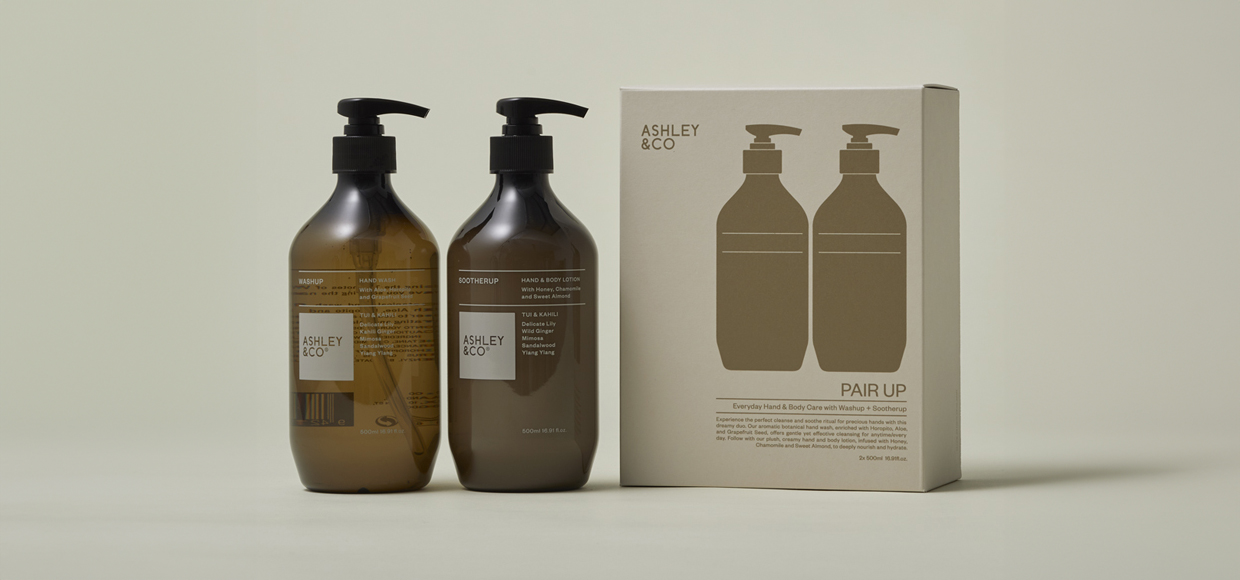Emily Chadbourne, founder of The Unashamedly Human Hub, is a Melbourne-based life coach, author and international speaker. Emily’s no-nonsense approach to life, love and business has helped thousands of women across the globe to live mindful and authentic lives while achieving their wildest dreams.
A new year! A chance for a clean slate. Miraculously the bad habits of my former self will dissolve as the clock strikes midnight and a new and improved me will emerge triumphant into the year ahead thanks to my new year’s resolutions.
But we all know this dream is unlikely to become a reality. In fact, studies show that 80 percent of people will fail to keep their New Year’s resolutions past the second week of February and according to a survey by Statista, only four percent of people who make resolutions will actually achieve long term habit change.
Healthy eating, getting to work on time, only drinking 3 drinks on any given night out, calling Gran more regularly, remembering birthdays, relaxing more, working harder, being kinder, meditating more – the list goes on and, in all honesty, as I’ve inched towards the end of the year, I too caught my inner narrative saying “next year I’ll…”.
But guess what! At the stroke of midnight no Fairy Godmother waved her magic wand and you, me and the rest of the world were no different.
Yet, we make a resolution to change our behaviour overnight and often to real extremities, shocking our systems, minds and identities into meltdown which ultimately sees us sitting back on the sofa and whoops there goes another year!
In the quick fix society which impresses the need for instant results, a new year’s resolution is an attractive idea. It promises that Future You will mop up Current You’s mess and so it’s okay to excuse Current You’s sloppy behaviour, sloppy effort and sloppy results. It’s a dangerous myth and leads to inaction and disappointment.
In other words, new year’s resolutions don’t work. Instead, try some of these achievable habit changing ways.
Choose one habit to shift
Breaking bad habits (which usually hold a lot of instant gratification) and building good habits (which are usually about long term and not short-term success) can, at times take herculean effort. Willpower alone won’t do it.
In his life changing book Atomic Habits, James Clear talks us through the structure of good and bad habits and gives frameworks to change them. Rule One? Change one thing at a time.
When we try and change too much too soon, we get overwhelmed and too uncomfortable and so end up reverting back to our old familiar ways.
Allow for flexibility
When we tell ourselves we must go to five gym classes a week, we are setting ourselves up to fail. Not only are we placing a huge time demand on our week, we are also creating a rigid set of rules which are easy to break.
What if one day you get held up at work and miss the class? Or what if you just don’t feel like it on a cold, windy Wednesday morning? Or what if you get there and the class is full? Now you’ve failed at your resolution and you are very unlikely to get back into the gym the following day.
Instead, make a promise to move your body daily, even if it’s just dancing round the kitchen to your favourite song.
When we make change easy and fun to do we are more likely to do it. If your new year’s goal is to get healthier, at home workouts are an excellent choice because they can be done at your convenience. Check out the KIC app for excellent at home workouts and healthy recipes.
The diet doesn’t start on Monday, actually.
January 1 is not a magical date. Just like Monday isn’t the best time to start the diet. The best time to start is now. And the best time to end, is never.
When we approach new year’s resolutions like a diet (6 weeks of intense calorie deficit to shift the excess weight) we will inevitably begin to pile on the weight again once the diet ends and the cakes come back out. 95 percent of diets fail for this very reason.
Instead, think about creating sustainable changes that build over time and allow for flexibility. A great way to build momentum is to use a habit tracker like Hibitify.
Concentrate on who you want to be
According to research conducted about United States voting habits, we are more likely to take action when we adopt the identity of someone who takes the action, instead of just saying we are going to do the thing. So instead of promising yourself you are never going to eat chocolate again, become the person who makes educated and healthy choices when it comes to eating.
I encourage my clients to create I AM statements and visualise themselves as that type of person. So, “I’m never eating chocolate again” becomes “I am healthy and energetic”.
What would the healthy and energetic version of you choose?
Don’t be swayed by the actions of others
A few years ago, I started going to the gym with my mate Kate.
A few weeks in, Kate called to say she couldn’t make the gym that evening, so I didn’t go either.
When I thought about it, I realised that my gym attendance was inconsistent because Kate’s was. Every time she didn’t feel like going to the gym, I didn’t go to the gym. I let her commitment level be my commitment level.
So I shifted my mindset.
I was going to the gym anyway. And if Kate wanted to come, awesome. If not, I was working out regardless.
If we always take the cue from those around us, we will only ever have the results of those around us so when it comes to changing habits, don’t allow yourself to be swayed by the actions of other people.
Remember, new year’s resolutions are for life, not just for January.
Visit Emily’s website here: emilychadbourne.com.







